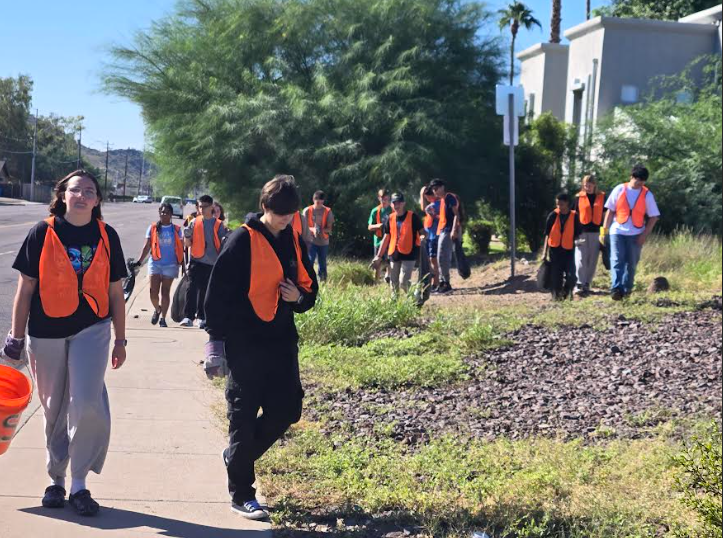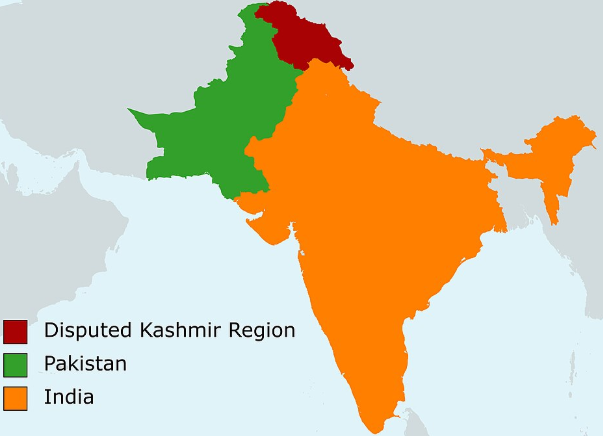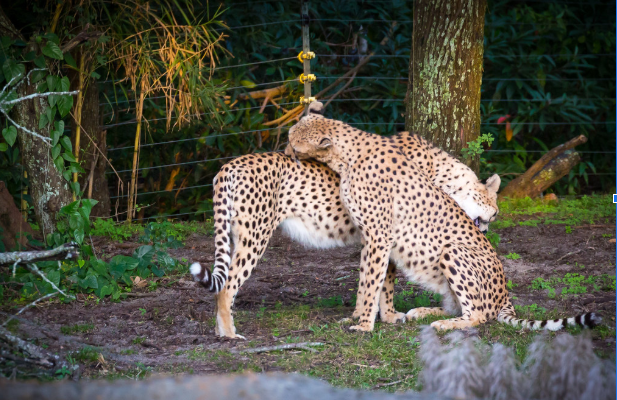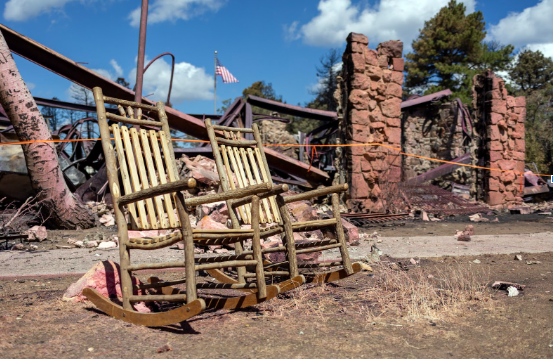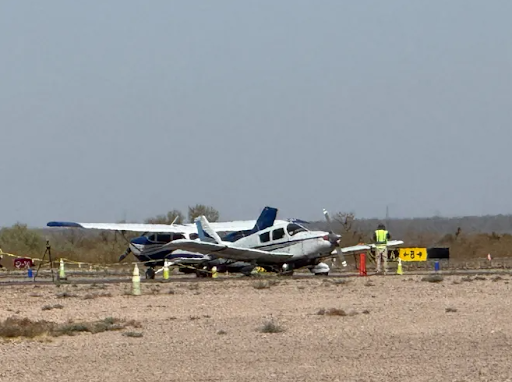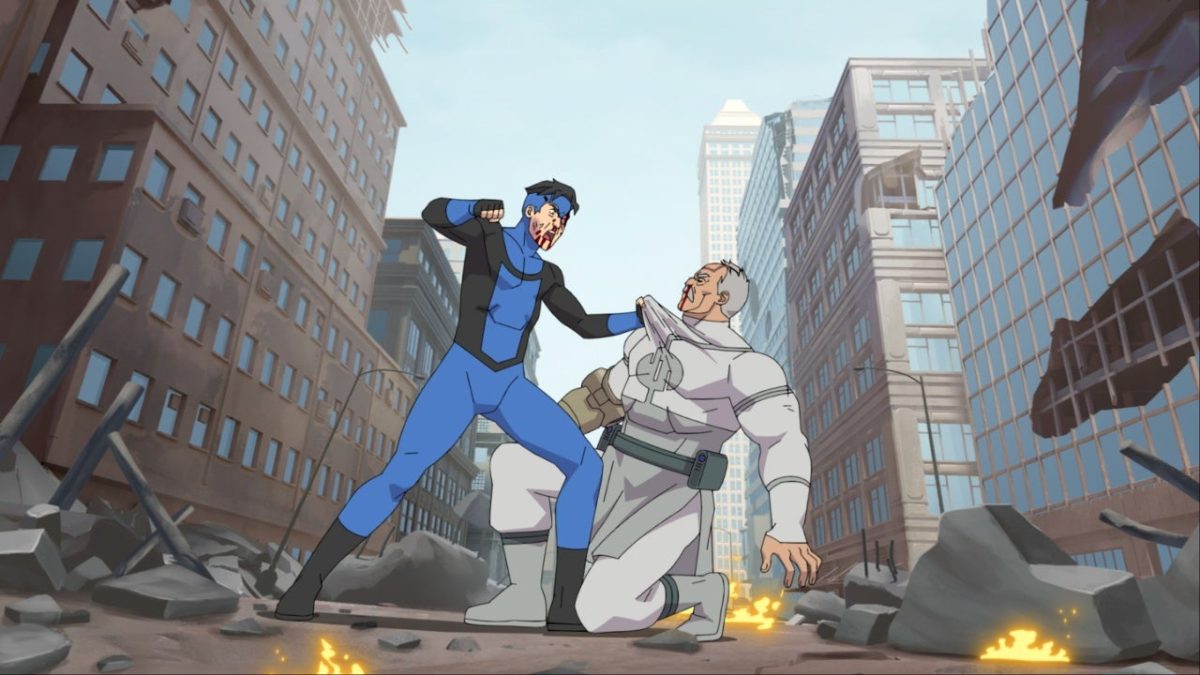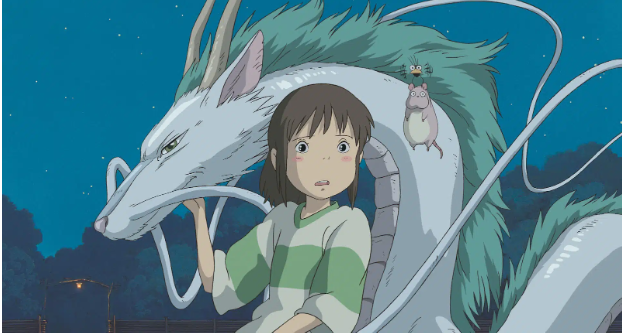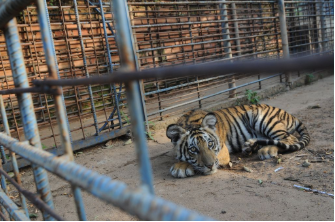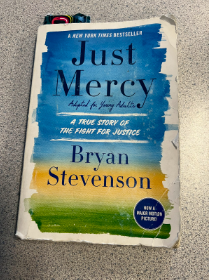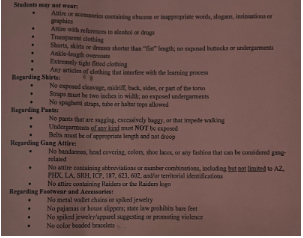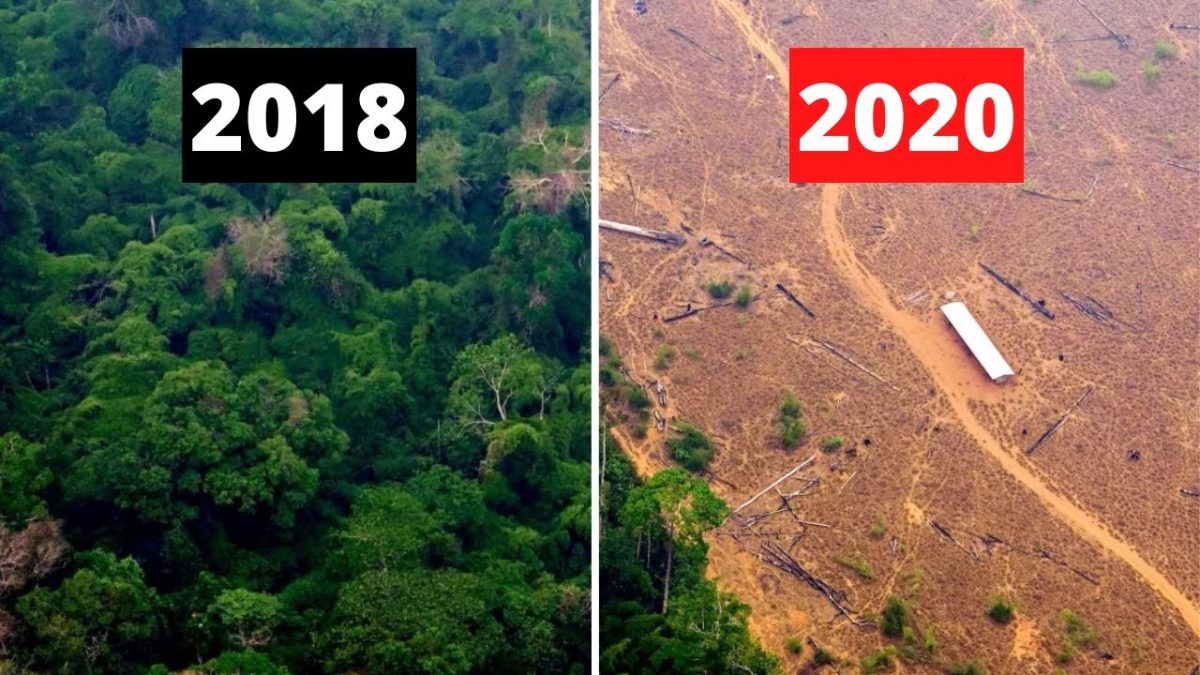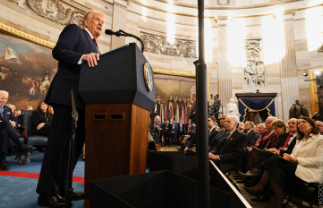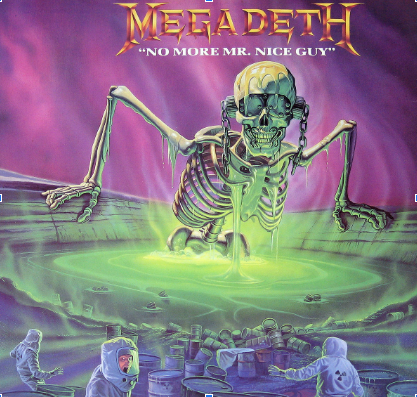The Amazon Rain forest is the world’s largest rain forest and is the home to over 23 million different species. It is one of the world’s seven natural wonders and it expands across eight different countries. Millions of people from all over the world make plans to visit this natural wonder, but it may not be around for long. Sadly, the 65 million year old wonder is feeling the effects of climate change.
Researchers are starting to see the rain forest and its inhabitants being pushed to the breaking point. It may not be long before the Amazon is completely destroyed because of human hands. CNN, reveals that “researchers predict that 10% to 47% of the Amazon will be exposed to stresses that could push the ecosystem to its tipping point, a critical threshold that once crossed will lead to a downward spiral of impacts.” Deforestation and air contamination are one of the many factors that are causing the rain forest to quickly collapse. The major turning point won’t be until 2050. While that might seem far away, attempting to reverse the effects takes a long time.
Some may wonder why the death of the Amazon should be something to worry about because it might not necessarily affect us but it turns out that it is crucial to our entire planet. CNN also reveals that the rain forest has the “ability to absorb planet-warming carbon pollution from the atmosphere.” Carbon dioxide is a chemical compound that is produced when factories burn coal, oils, or natural gasses. When factories turn the carbon into CO2 and release it into the air in large amounts, it can be detrimental. Without the help of the rain forest in absorbing the excess amount of carbon in the air, the rate of global warming could increase.
If future generations want to experience the beauty and wonder of the Amazon, people need to realize that their actions are hurting the environment and take steps to help the rain forest. These can include watching our carbon emissions, choosing sustainably-produced foods, buying meat from local farms, and decreasing the amount of paper used to help stop deforestation.

